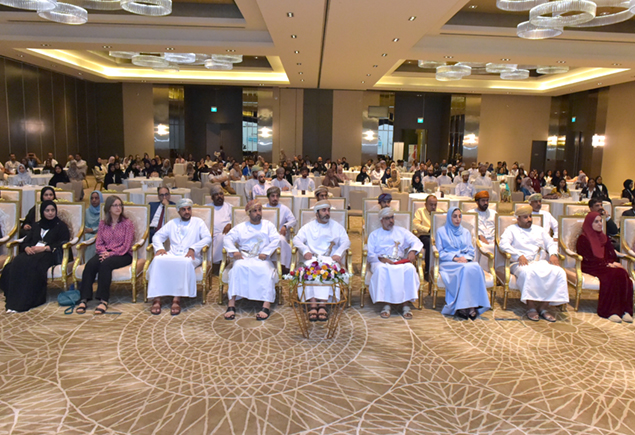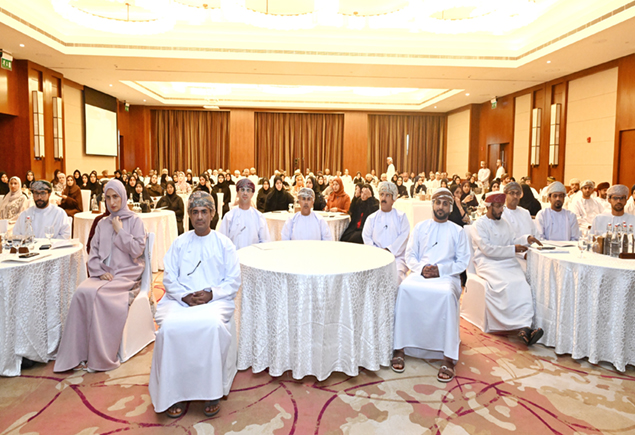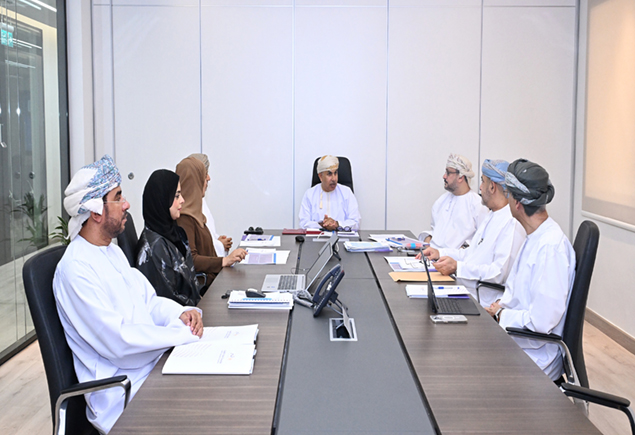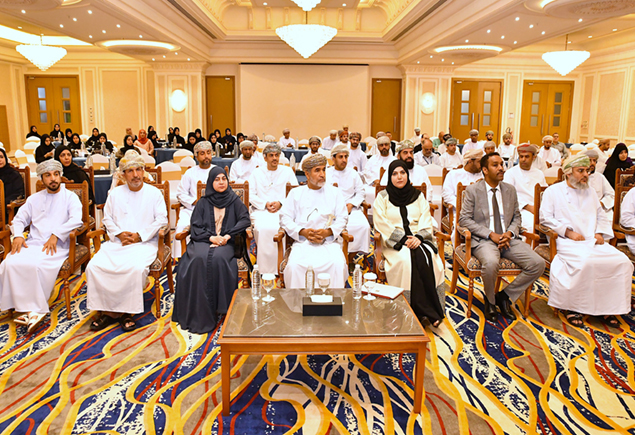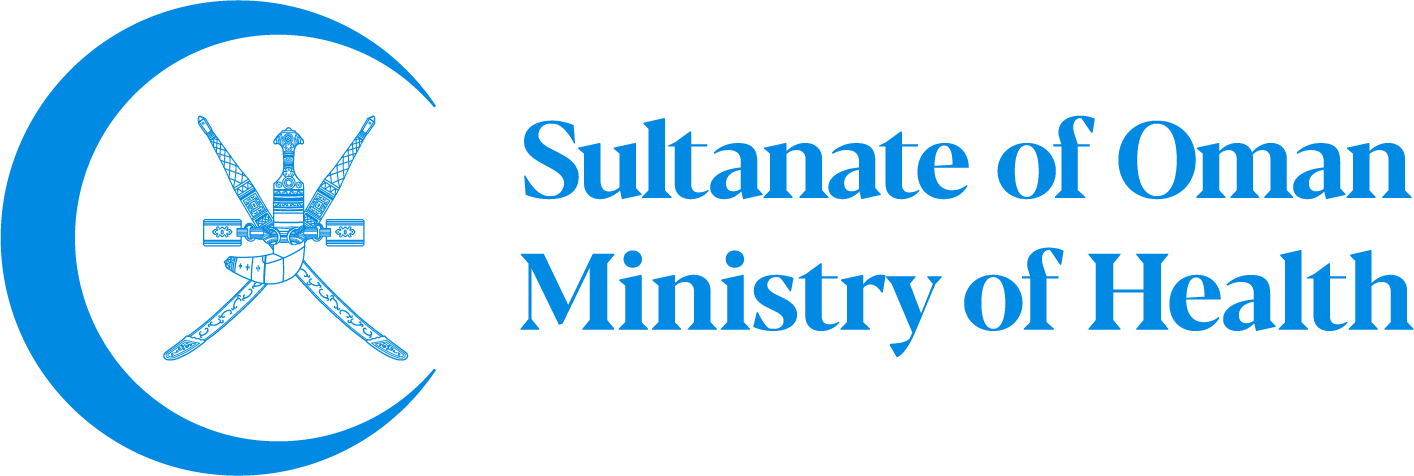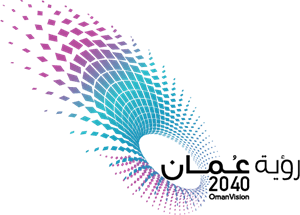The Second National Rehabilitation Conference was inaugurated today (Saturday) at Grand Millennium Hotel under the auspices of H.E. Sheikh Rashid Ahmed Al Shamsi, Undersecretary of Ministry of Social Development, with the presence of number of Directors General and senior officials from Ministries of Health and Social Development.
The conference was organized by the Royal Hospital (RH) represented by Medical Rehabilitation Department, in collaboration with Nizwa University and Oman Physical Therapy Association (OPTA).
The opening ceremony included a speech by Samiya Al Raisi, Head of Medical Rehabilitation Services at MOH and OPTA President, where she emphasized the importance of the event in promoting medical rehabilitation services in the country.
In her speech, Al Raisi stressed the collaborative efforts of all entities involved in providing rehabilitation services in the Sultanate of Oman each in its own field including MOH, MSD, the academic sector, and the private sector.
Later, the patron of the event opened the accompanying exhibition of the companies that showcased the latest medical products, technologies, and supplies.
Under the theme “Shaping the Future of Rehabilitation for 2040”, the conference brought together around (250) participants from medical and allied medical categories representing various civil and military health institutions in Oman, as well as several private sector institutions. The event featured professional speakers in various fields of medical rehabilitation.
The one-day program included three scientific sessions, the first one was on the Psychosocial Aspects and Quality of Life in Medical Rehabilitation which outlined the need for comprehensive rehabilitation care towards achieving Sustainable Development Goals. The second session addressed innovations in rehabilitation technology and personalization, focusing on moving from traditional approaches to advanced practice in rehabilitation.
The third session was on Optimizing Rehabilitation Programs and Functional Recovery that included a discussion panel on the application and use of evidence-based practice in the rehabilitation field, along with a keynote lecture on involving people with learning disabilities in research.
Furthermore, nine posters were presented during the conference, which have garnered considerable interest from the attendees.
The conference aimed to evaluate and review rehabilitation services in Oman, striving to enhance them in line with the latest research and scientific methods, keep abreast with the recent developments in various fields of medical rehabilitation and the modern techniques employed, as well promote the sharing of experiences among participants.
On another note, as part of the conference's efforts to enhance professional competency in the healthcare sector and support Oman Vision 2040 in improving the quality of medical services, four workshops were held at the RH yesterday (Friday) prior to the conference, which were namely the comprehensive research methodologies, tracheostomy care, pediatric neurotherapy "The Path to Movement," and the physical therapy for patients with breast cancer complications.
The comprehensive research methodologies workshop on mastering evidence-based methods and practices aimed at equipping healthcare professionals and researchers with the necessary skills to enhance rehabilitation practices through comprehensive research. The workshop covered fundamental research methodologies and the importance of evidence-based practice in clinical settings, while also focusing on inclusivity in research and strategies for engaging diverse and marginalized groups.
The tracheostomy care was a hands-on session to improving healthcare professionals’ skills in managing the care of patients who undergo a tracheostomy to be able to provide a comprehensive healthcare services in accordance with the latest global medical standards.
The pediatric neurotherapy workshop provided a detailed and practical overview of the causes of cerebral palsy and methods for conducting motor assessments for affected children. It also explored innovative techniques for addressing movement weakness, balance issues, and muscle tightness. At the end of the workshop, attendees practiced a spider cage strategy to a patient with cerebral palsy.
The last workshop on physical therapy for patients with breast cancer complications included several lectures addressing the latest medical research and evidence-based practices. It featured training sessions and hands-on application of modern skills and treatment methods that support patients in regaining their functional capacity in daily life and help prevent the progression and persistence of complications.
